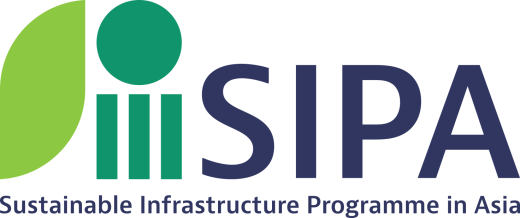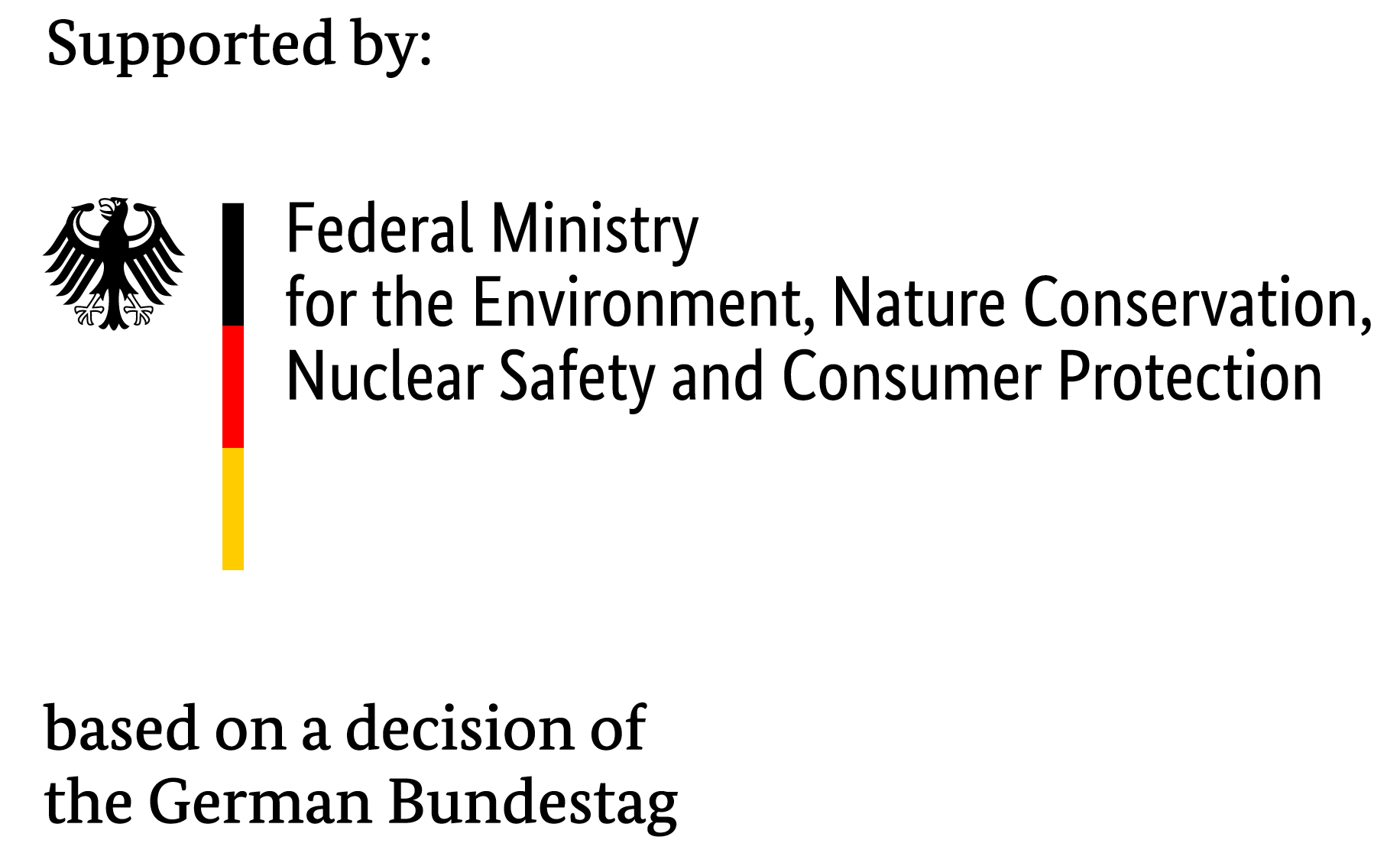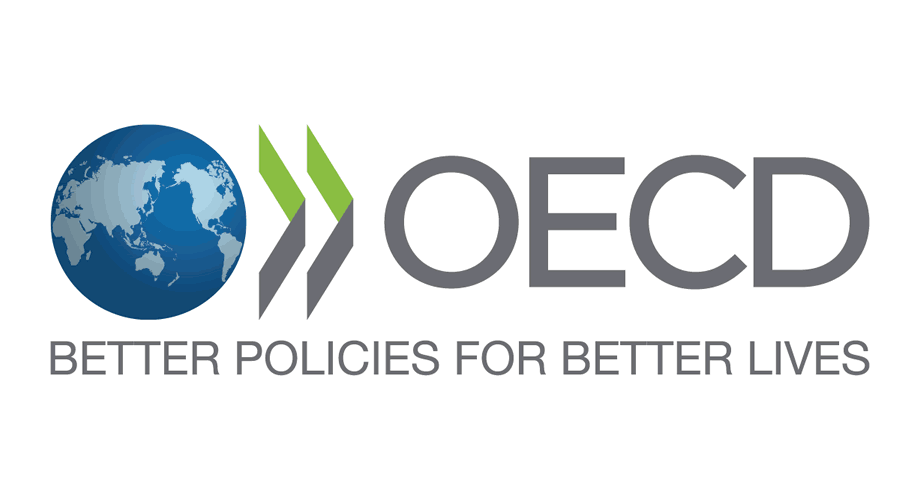Sustainable Infrastructure Programme in Asia - Transport

To reap the benefits of improved connectivity and accessibility without adding to climate change, Central and Southeast Asia must align their transport infrastructure investments with the Paris Agreement and the UN Sustainable Development Goals.
The SIPA-T project helps decision-makers in Central and Southeast Asia by identifying ways to enhance the efficiency and sustainability of the region’s transport networks. It pinpoints gaps in regional freight connectivity, proposes sustainable ways to close them, and develops pathways for decarbonising local transport systems.
Regional Freight Transport Studies (ongoing)
These two regional studies for Central Asia and Southeast Asia involve assessing the capacity of transport infrastructure programmes for improving connectivity, reducing environmental costs, and bringing benefits for local communities.
Learn more about the regional project for Central Asia
Learn more about the regional project for Southeast Asia
National Transport Decarbonisation Studies (completed)
Three additional national-level studies for Mongolia, the Philippines, and Uzbekistan simulate policy impacts and present tailored transport policy roadmaps for the three countries. The projects also provide policy makers in the region with easy-to-use simulation tools to assess the impact of policy options and identify effective decarbonising measures for national transport systems.
Explore pathways for decarbonising urban mobility in Mongolia
Explore pathways for decarbonising freight transport in the Philippines
Explore pathways for decarbonising urban mobility in Uzbekistan
Project Partners
The national-level studies were conducted in co-operation with the Ministry of Roads and Transport Development of the Republic of Mongolia, the City of Ulaanbaatar, the Ministry of Transport of Uzbekistan, the City of Tashkent, and the Department of Transportation of the Philippines. The regional studies are carried out in collaboration with the ministries and organisations involved in developing transport infrastructure in the Central Asia and Southeast Asia regions.
Project partners are the OECD and the United Nations Development Programme (UNDP). The project is funded by the International Climate Initiative (IKI) of Germany’s Federal Ministry for the Environment, Nature Conservation and Nuclear Safety (BMU).





